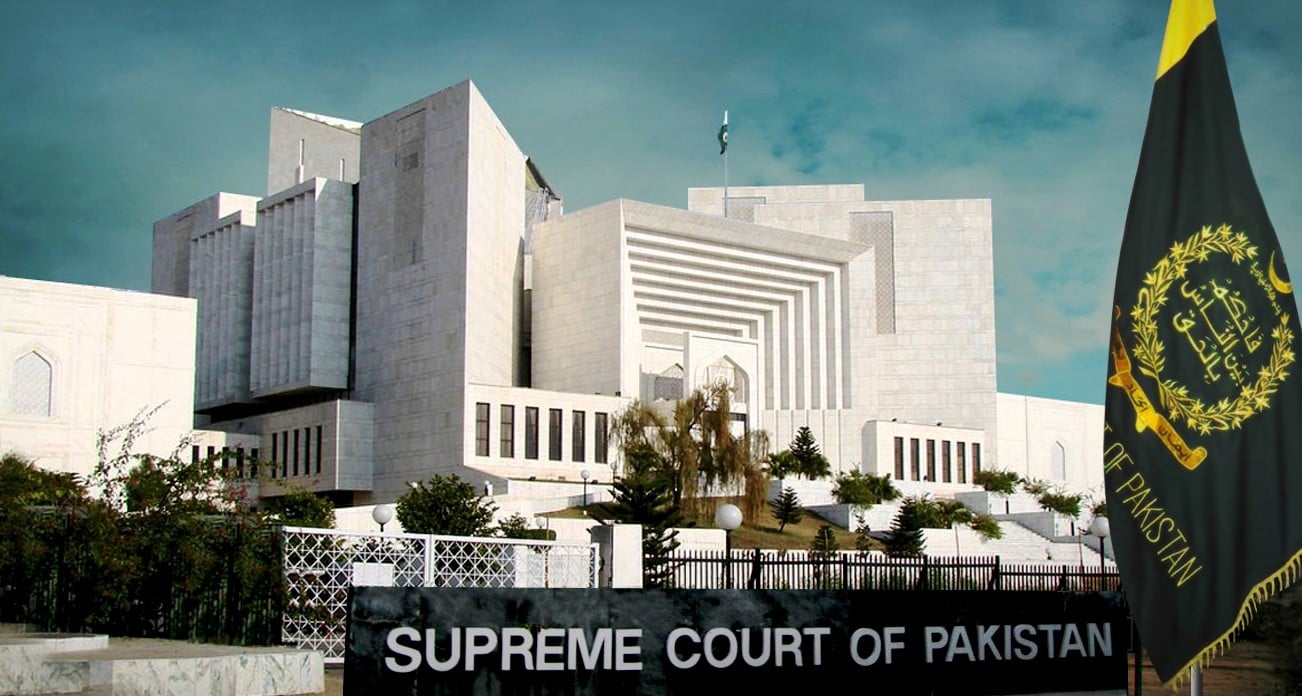Pakistan’s economic landscape resembles a storm brewing, fueled by climate change, pandemic scars, and a mountain of debt. A recent assessment dissects these challenges and proposes solutions, but before navigating this turbulent terrain, a more critical evaluation is needed.
Strengths of the Assessment:
- Thorough Diagnosis: The analysis paints a detailed picture of the interconnected issues, weaving together climate disasters, pandemic aftershocks, debt distress, and the limitations of international support.
- Actionable Suggestions: Concrete policy proposals are presented, ranging from coordinated fiscal and monetary measures to price control mechanisms and strategic multilateral negotiations.
- Multilateral Focus: The vital role of international support for vulnerable nations like Pakistan is rightly emphasized.
Areas for Improvement:
- Prioritization Puzzle: While suggestions abound, a clear hierarchy based on feasibility, impact, and political consensus would enhance actionability.
- Specificity Matters: Proposals like the trilateral ministerial commission lack details on composition, functionalities, and potential hurdles.
- Beyond Austerity Critique: Acknowledgeing arguments for fiscal discipline and exploring alternative frameworks could enrich the discussion surrounding IMF policies.
- Data-Driven Decisions: Integrating concrete data and expert opinions would strengthen the critique of certain policies and support specific solutions.
- Political Realities: Advocating for change requires assessing its feasibility under the current regime and considering potential resistance from vested interests.
Beyond the Immediate:
- Geopolitical Currents: Regional instability and shifting global power dynamics have a significant impact on Pakistan’s economic prospects, and these factors require thorough consideration.
- Informal Economy’s Potential: Addressing the substantial informal sector and integrating it into formal structures could unlock revenue and strengthen the overall economic health.
- Long-Term Vision Needed: While tackling immediate challenges is crucial, outlining a long-term vision for sustainable and inclusive economic growth is essential.
The Way Forward:
The initial assessment provides a valuable starting point, but incorporating these critical considerations will refine it into a more nuanced and actionable roadmap for policymakers and stakeholders. By understanding the full gravity of the situation, prioritizing initiatives, and acknowledging broader realities, Pakistan can navigate its economic storm and chart a course towards a more stable and prosperous future. The initial assessment provides a valuable foundation for understanding Pakistan’s economic plight. However, incorporating the suggested improvements and considerations is essential. By prioritizing solutions, embracing a balanced perspective, navigating the political landscape, and crafting a long-term vision, Pakistan can navigate this perfect storm and emerge stronger and more resilient. This requires collaboration between policymakers, stakeholders, and experts to chart a course towards a brighter economic future.
Please, subscribe to the YouTube channel of republicpolicy.com

















































